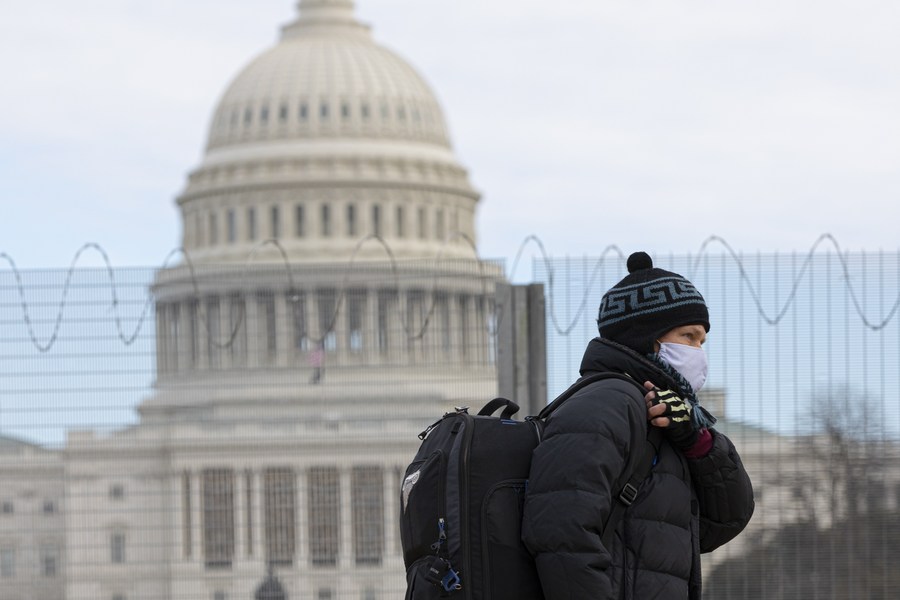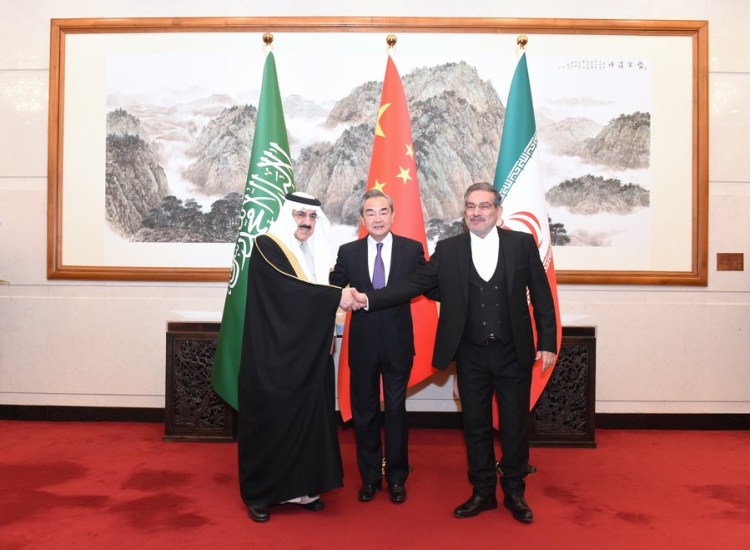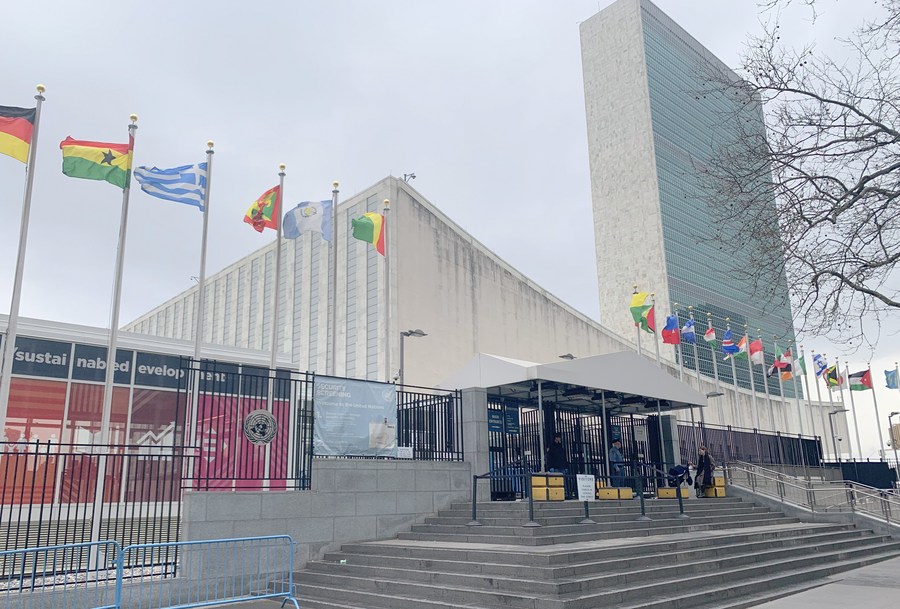Placing Rights Above Might

Global human rights governance is about calling for the establishment of new mechanisms and a new culture of mutual respect.
Looking back at the evolution of international laws on human rights, the U.S., as a superpower after World War II, has changed its attitude toward related issues along with the different presidents in office.
Generally speaking, in the early post-war period, the U.S. was more active in human rights issues and declared it would uphold the “rules-based international order.” However, with the formation and disintegration of the bipolar pattern between the United States and the Soviet Union, during the Cold War and a long period after the end of it, human rights became a tool for the U.S. to interfere in the internal affairs of other countries, as well as a means to commit political attacks on and stigmatize countries that do not act in line with its standards, for the purpose of maintaining and consolidating its own hegemony and leadership position around the globe.
Different approaches
Since the beginning of the 21st century, successive U.S. administrations have, for fear of the rapid rise of emerging powers, followed self-serving policies, pursued unilateralism in the name of multilateralism, and gone further and further along the path of undermining international human rights principles. In this process, the U.S. has distinguished friends and foes based on ideology—taking those who agreed to its values and system as political allies while labeling any non-Western political system as “autocratic” or “ochlocratic” (mob rule), and sparing no effort to contain the development of its perceived foes.
The politicization of human rights by the U.S. is essentially an approach to pursuing hegemony that either deals with democracy and human rights in name only, or deals with them in a way that places geopolitical considerations above them.

China’s vision of harmony, peace and solidarity and its concept of a community with a shared future for humanity have gained increasing popularity in recent years. They have made significant theoretical contributions to global human rights governance and brought other developing countries hope that “law of the jungle” practices in international politics will be dismantled. With the sustained and steady development of its economy and national strength, China is playing a more active role in the UN-centered global governance system.
President Xi Jinping, on behalf of the Communist Party of China and the Chinese Government, has put forward the Global Development Initiative (GDI), the Global Security Initiative (GSI) and the Global Civilizations Initiative (GCI). The core message of these initiatives is that countries are interdependent, humanity has a shared future, and the international community must become united for cooperation.
The GDI aims to meet the long-term objectives and immediate needs of the world’s common development, fostering international consensus on how to promote development, cultivating new drivers for growth, and facilitating the progress of all countries.
In keeping with the vision of common, comprehensive, cooperative and sustainable security, the GSI calls for the resolution of conflict through negotiation and settlement of disputes through consultation.
The GCI advocates respect for the diversity of civilizations, the common values of humanity (peace, development, equity, justice, democracy and freedom), the importance of inheritance and innovation of civilizations, and robust people-to-people exchanges and cooperation.

China has taken steps to put these principles into practice. For instance, it has mediated the restoration of diplomatic relations between Saudi Arabia and Iran to help maintain peace and stability in the Middle East. It has put forward a 12-point proposal to end the Russia-Ukraine conflict and called on all parties concerned to jointly play a constructive role in promoting the political settlement of the crisis.
Working with Central Asian countries in the spirit of revitalizing the ancient Silk Road, China hosted the first offline China-Central Asia Summit in May. It is also taking many other practical actions to help build a China-Central Asia community with a shared future.
In the post-COVID era, China is continuing to open wider to the outside world, develop economic and trade exchanges with other countries, and inject new impetus into global economic growth and the improvement of people’s lives.
Mutual respect
China always stands for upholding the UN-centered international system and the international order based on international law, which is a fair and reasonable institutional arrangement that truly serves the interests of all. It advocates consensus among all countries, common values of humanity, and joint responses to crises.
China is willing to work with the United States on the basis of mutual respect, peaceful coexistence and win-win cooperation and has called for jointly managing differences so that bilateral relations can stay on the right course without deviation or getting out of control. Through expanding common interests, China and the U.S. can advance the noble cause of peace and the development of humanity together.

The U.S., for its part, should recognize, learn and accept the newly emerging consensus on rules. The U.S. and its allies should realize genuine multilateralism is the prerequisite for mutual benefit, and the merits of any human rights theory, though inconsistent with the traditional ideas of the U.S., should still be appreciated. The U.S. needs to put aside political prejudice and Cold War mentality, and instead respect the rights of the people of all countries, including China, to pursue a better life.
Furthermore, the U.S. should re-embrace the globalization it once led and promoted, bear the international responsibilities it holds as a great power, uphold the UN system of global governance established after World War II, and earnestly fulfill its international obligations.
Global human rights governance is about calling for the establishment of new mechanisms and a new culture of mutual respect. Nations should promote equal consultation and collective decision-making, rather than joining a small circle of allies established by a superpower, to deal with and resolve human rights issues.
In the post-COVID era, the global economic recovery is weak, people in many countries are experiencing difficulties and some regions are in serious turmoil. At this juncture, governments across the world need to recognize and accept the people-centered development philosophy, and give priority to promoting common prosperity and ensuring people’s wellbeing in their macro policies. They should expand cooperation, build a global partnership for development that is united, equal, balanced and beneficial to all, and create a favorable environment for human rights governance.
The author is a professor at the School of Law, Beijing Institute of Technology.
 Facebook
Facebook
 Twitter
Twitter
 Linkedin
Linkedin
 Google +
Google +










